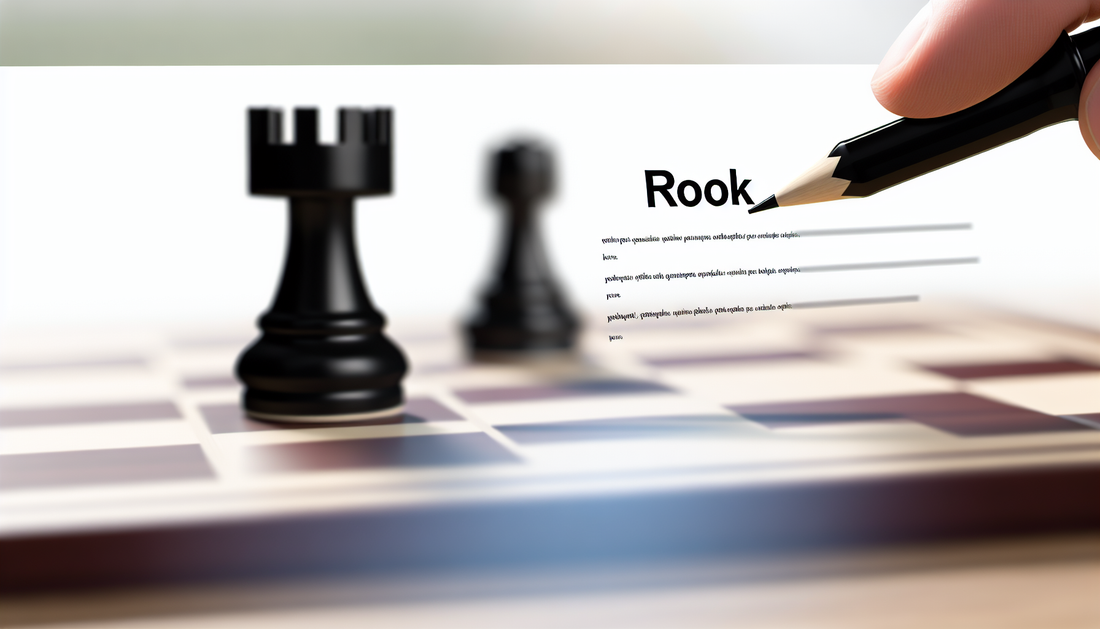
Unpacking ROOK: The Future of Decentralized Governance
Share
Governance in ROOK: A Look into the Decentralized Decision Framework
Governance is a fundamental component in decentralized finance (DeFi) that enables token holders to actively participate in crucial decision-making processes. For the ROOK token, the native asset of the KeeperDAO platform, governance ensures that stakeholders have a voice in shaping the platform's ongoing development and policies.
ROOK governance primarily takes place through a unified protocol that allows community members to propose, discuss, and vote on various changes or initiatives. The aim is to create a more transparent, collaborative environment where the incentives align with the participants, including liquidity providers, developers, and traders.
The Structure of ROOK Governance
ROOK token holders play an essential role in the governance process. By holding ROOK tokens, users can participate in governance activities that may include voting on fee structures, modifications to the protocol rules, and partnerships that align with the KeeperDAO ethos. This decentralized framework aims to distribute power among its holders rather than centralizing it, giving the community greater control over protocol decisions.
One interesting aspect of ROOK governance is the focus on maintaining the balance between flexibility and stability in decision-making. This often involves sophisticated solutions where various stakeholders come together to discuss issues pertinent to the protocol’s future direction. Decision-making processes may bear similarities to those observed in other decentralized platforms, such as the governance mechanisms found in Velo and 1inch Network, which focus on decentralization and active community participation.
Challenges and Considerations
Despite its potential, governance in ROOK is not without its challenges. One significant hurdle involves encouraging active participation from the entire community. Governance processes can be complex, and stakeholder engagement is crucial to ensure diverse inputs are considered. As seen in discussions around governance in platforms like Nano, ensuring transparency and understanding in these processes is vital to success.
The ROOK platform aims to overcome these challenges by offering clear guidelines, educational resources, and perhaps even incentivizing participation to ensure an engaged community. This could potentially draw inspiration from innovations seen in other protocols that foster decentralized decision-making.
In summary, governance in ROOK involves a collaborative effort to create a balance in decision-making, ensuring that various stakeholder interests are represented. By engaging the community, ROOK governance looks to maintain transparency and trust, which are critical for its sustained development.
